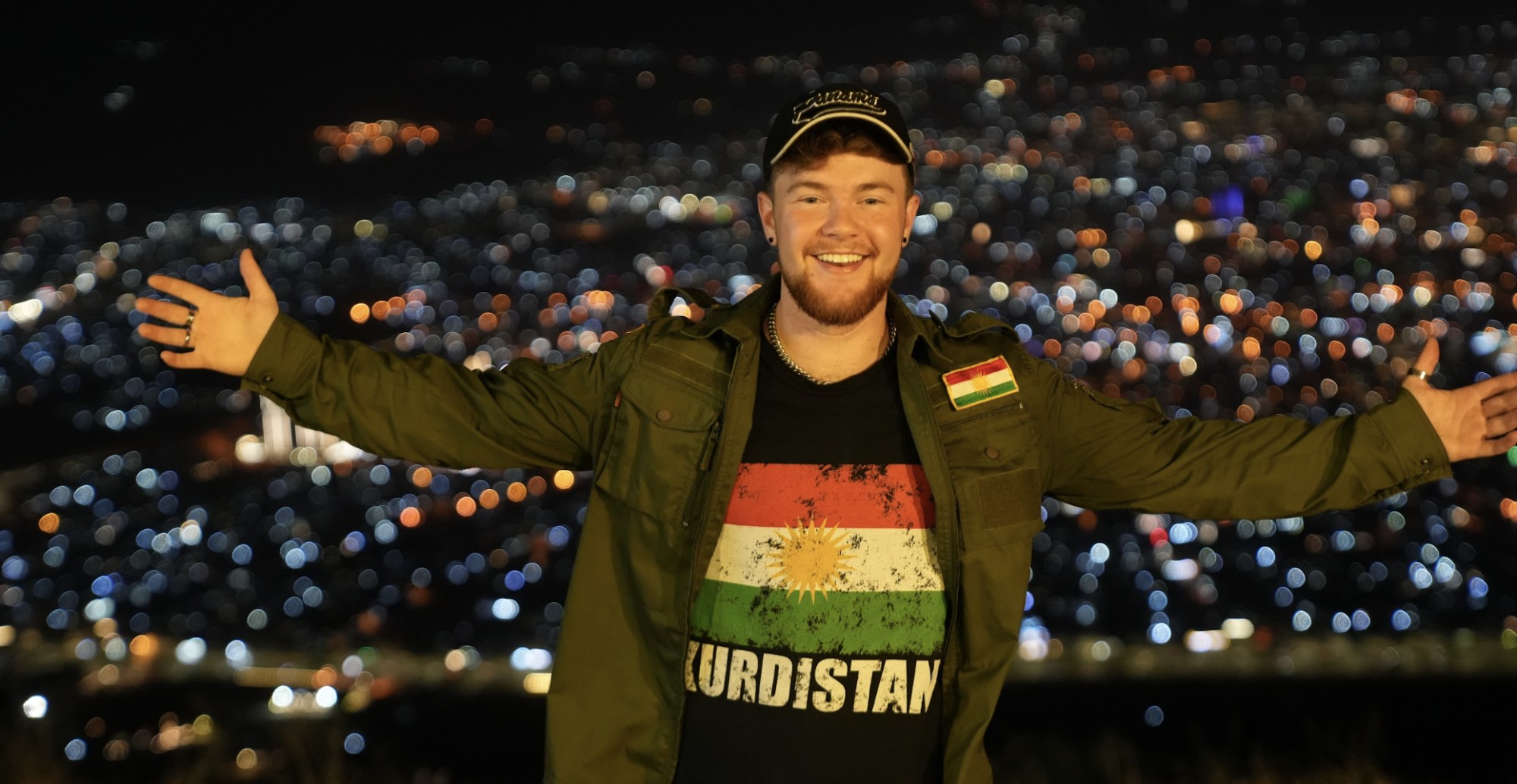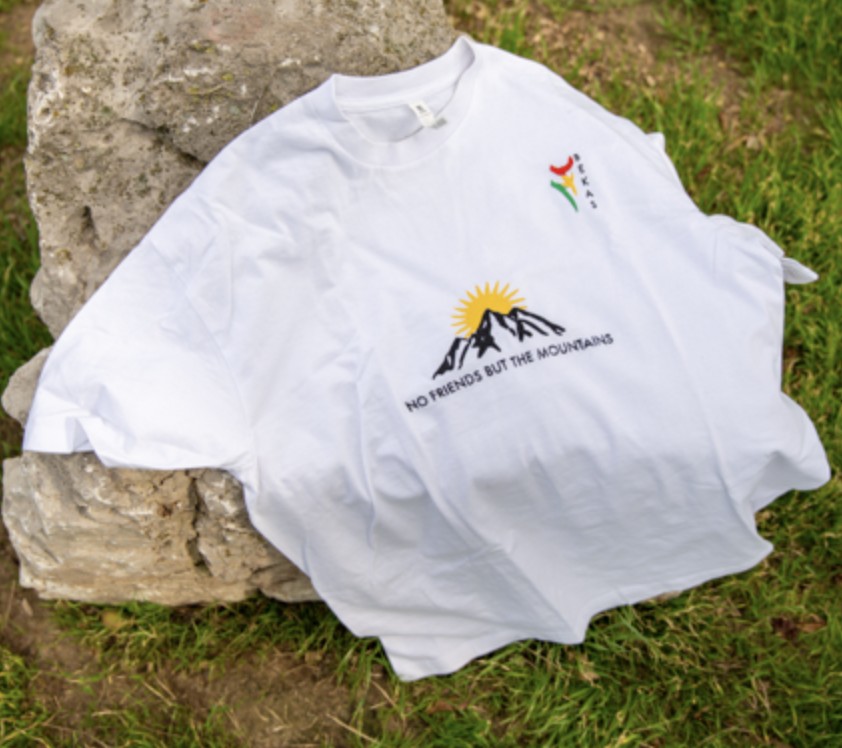He pushed his opponent to the edge until his back hit the ropes. Then came a barrage of jabs, hooks, and uppercuts, enough to take the giant down. The referee pulled him back and began the ten-count before announcing the knockout. “This is Kurdish power!” his brother shouted from outside the ring.
A loud roar filled the packed hall. Kurdish-German boxer Agit Kabayel had just won a major championship against Arslanbek Makhmudov, a Russian boxer who had recorded 18 wins in 18 fights until that painful loss.
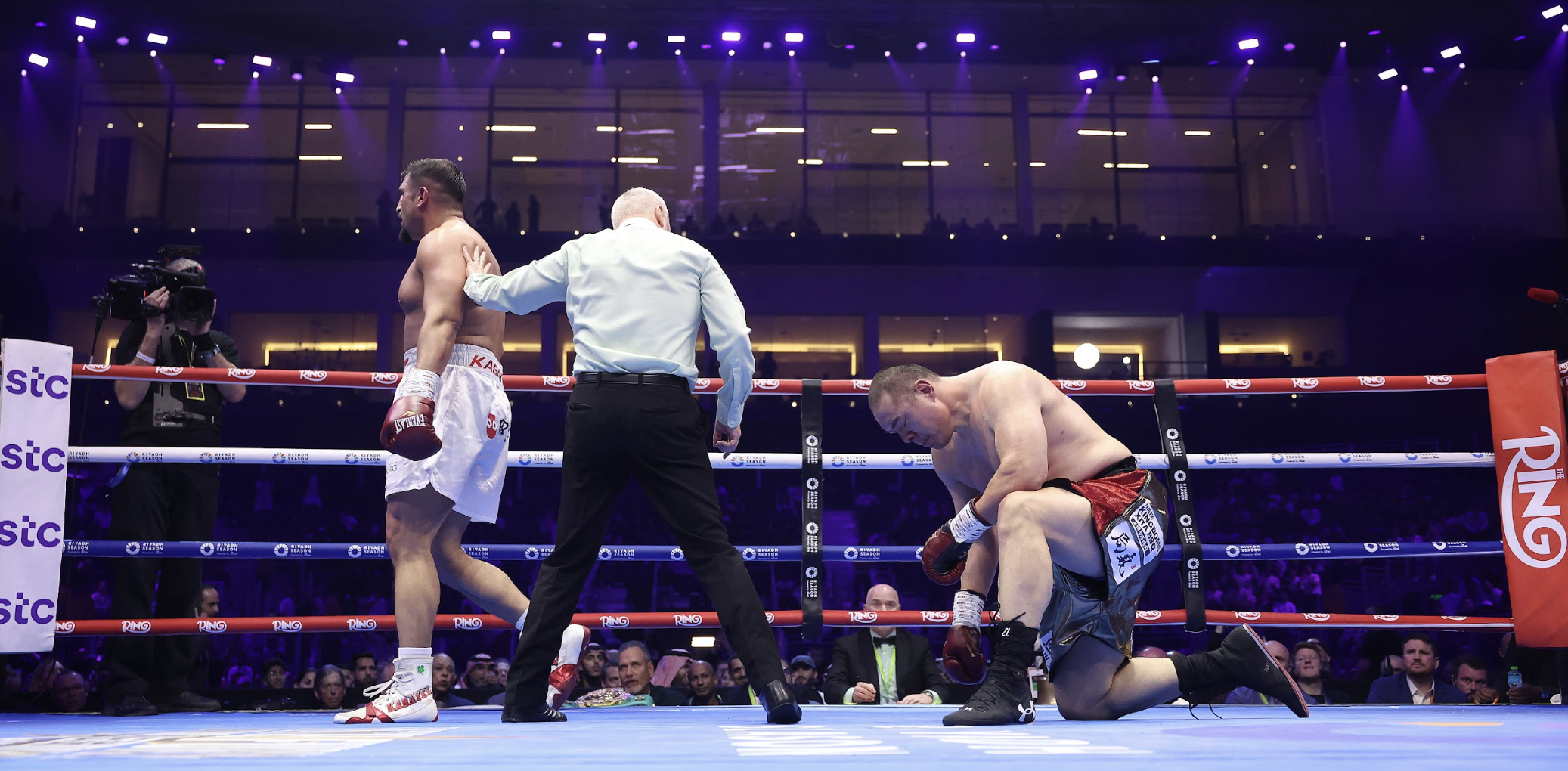
“Before the fight, everyone said it would be a quick end for Kabayel. But in Round 4, the critics were silenced,” Kabayel told Kurdistan Chronicle in an exclusive interview during his visit to the Kurdistan Region in April 2025.
Since February 2025, he has held the interim heavyweight title under the World Boxing Council. Over the years, he has also claimed several regional heavyweight titles, most notably securing the European championship twice between 2017 and 2024.
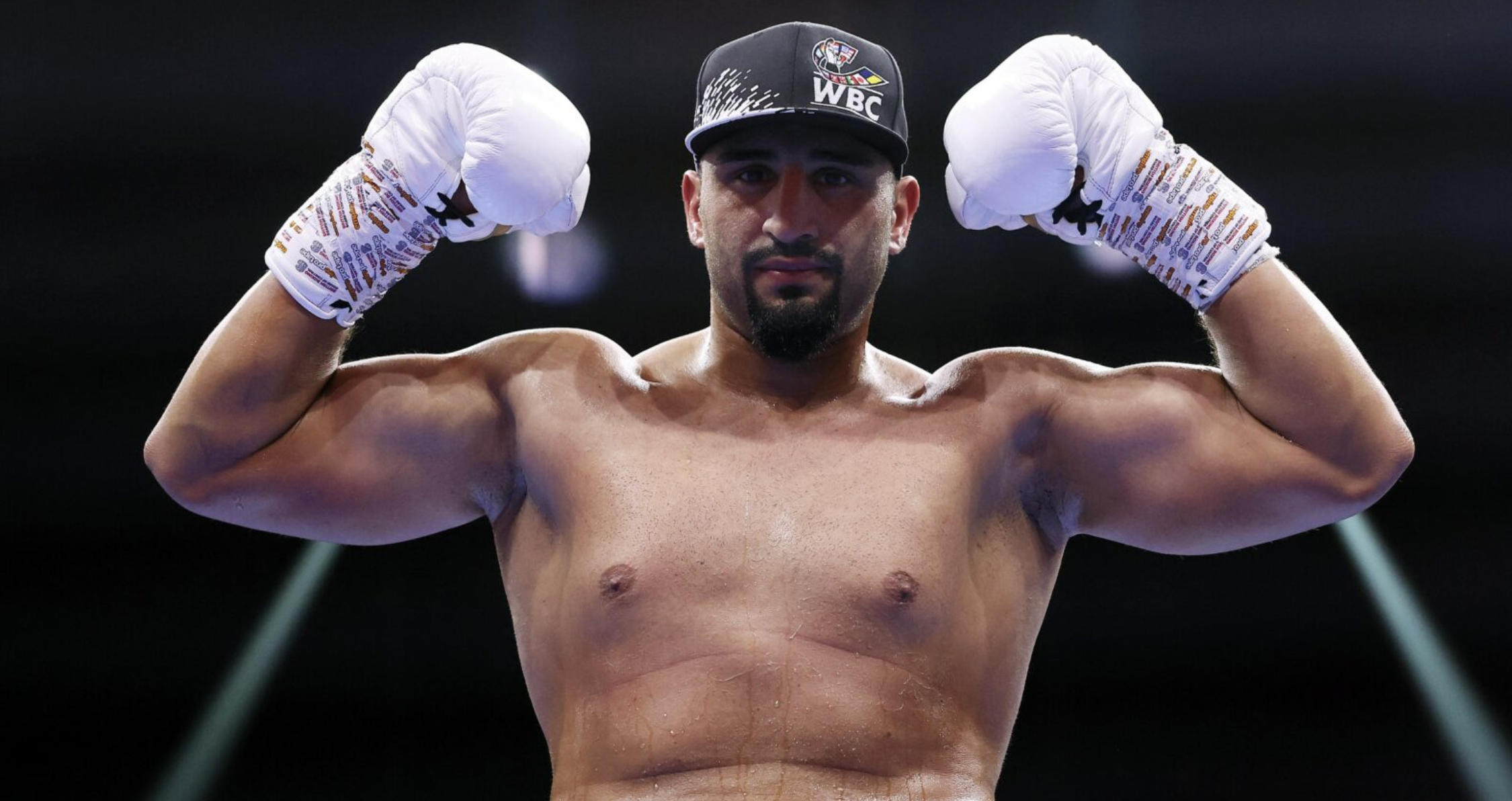
International rise
As of February 2025, Kabayel is recognized among the top heavyweight boxers in the world. He is ranked third by BoxRec and fourth by The Ring magazine. However, these titles have not been won easily. He recalls the endless hours of sweating in the ring until he finally made a name for himself on international stages.
Born in Leverkusen, Germany, to a Kurdish family originally from Pazarcik in Turkey, Kabayel grew up playing football. Eventually, he was drawn to boxing clubs as a path to pursue his goals in sports. His dream of winning big in international rings was shaped later, however, after watching the film Rocky.
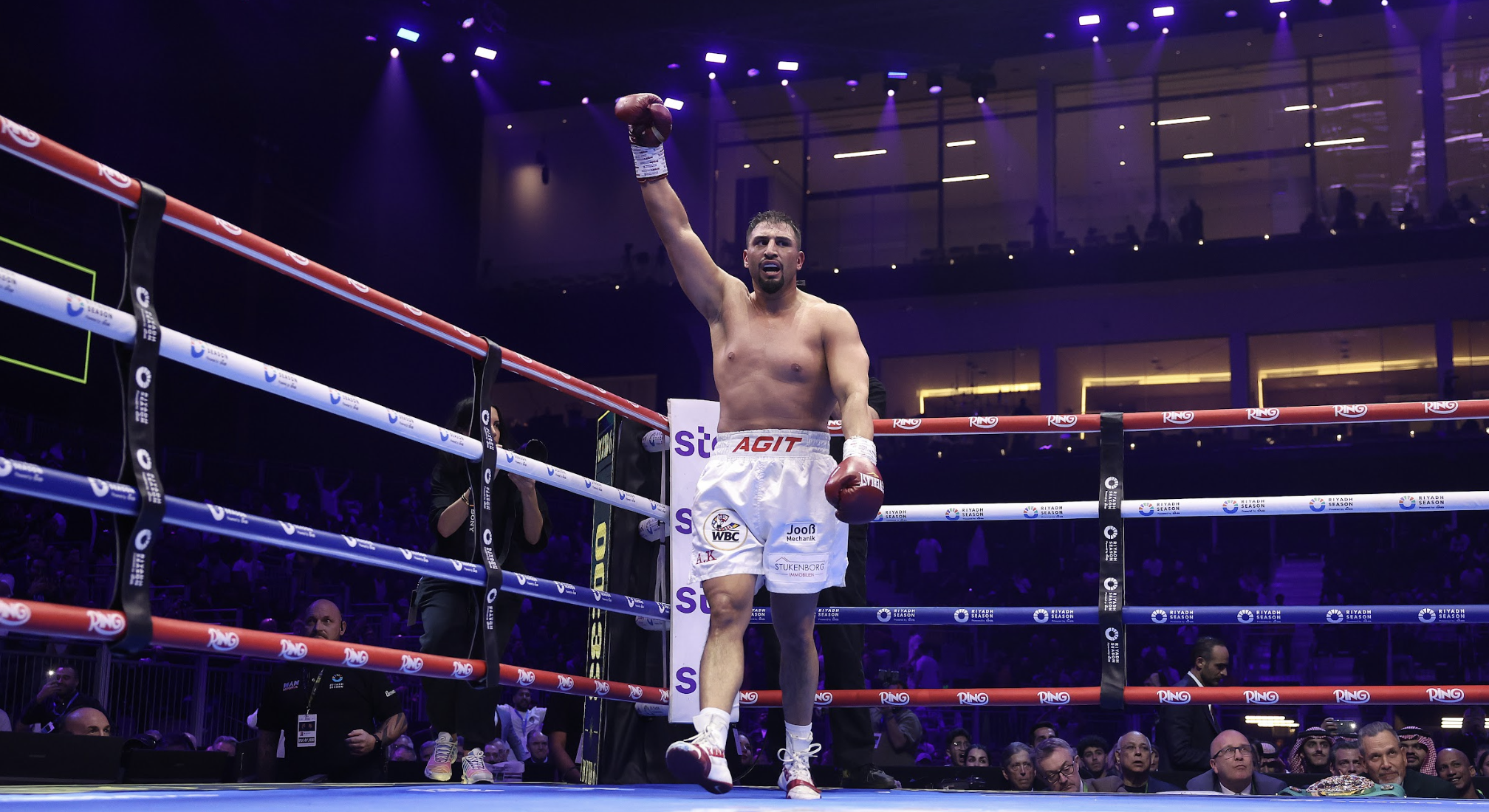
“It wasn’t just the movie, but the idea that you could go in as the underdog and still win people’s hearts, even those who originally supported your opponent,” Kabayel explained, sitting proudly in traditional Kurdish clothing. “At this point, boxing became my purpose, identity, and a stage to prove myself not just as an athlete, but also as a symbol of resilience.”
Although he appears very calm during normal social engagements, Kabayel is tough on the inside. He believes that motivation pushed him towards boxing, resilience encouraged him to continue, and discipline is what led him to be among the world’s top heavyweight boxers.
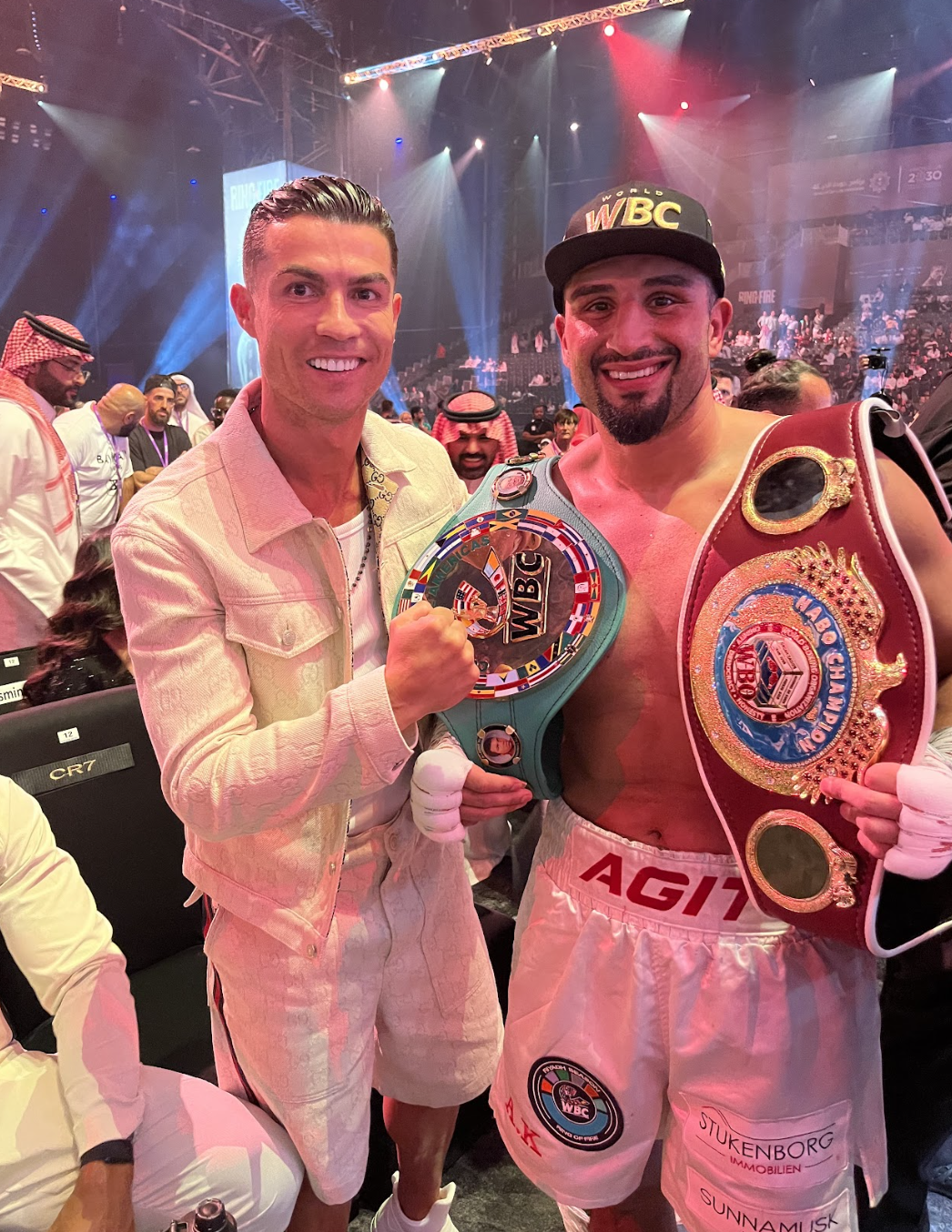
Warrior spirit
Kabayel sees himself not just as a fighter in the ring, but as someone shaped by an inherited fighting spirit. His parents are his role models; he believes that his strength and resilience are deeply connected to his Kurdish identity, the people who, as he puts it, have been warriors all their lives.
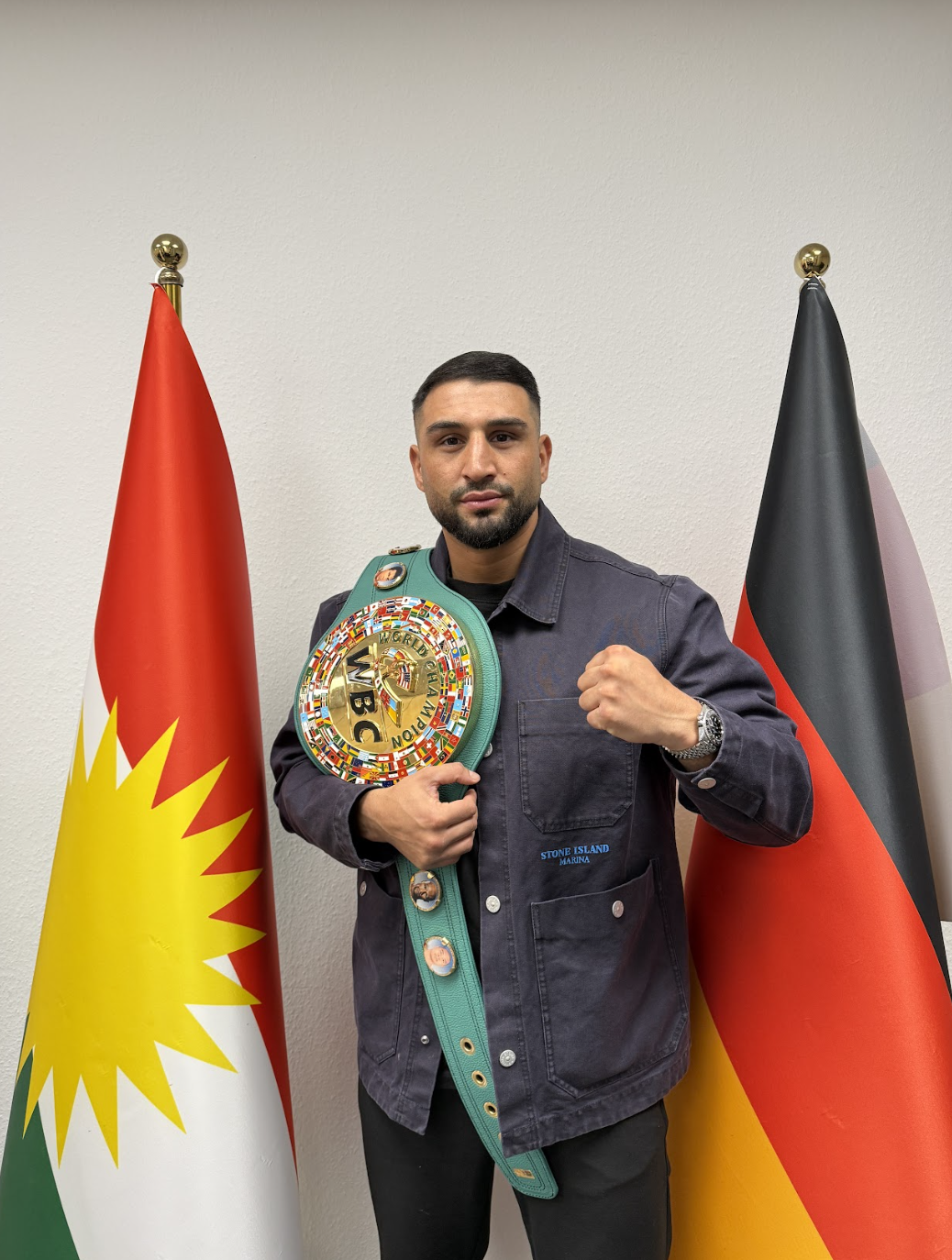
When asked what he sees as his ultimate mission, he cited the legendary Muhammad Ali as an example of an athlete who fought for his Black and Muslim identities in a world that often rejected both. In his own way, Kabayel is fighting for his Kurdish identity, which has been “silenced, denied, and oppressed for generations.”
“In every fight I know that I’m not just fighting for myself, but I’m fighting for my family, for my team, for my people,” he explained in a confident tone. “We as Kurds are warriors, and that spirit lives within us.”
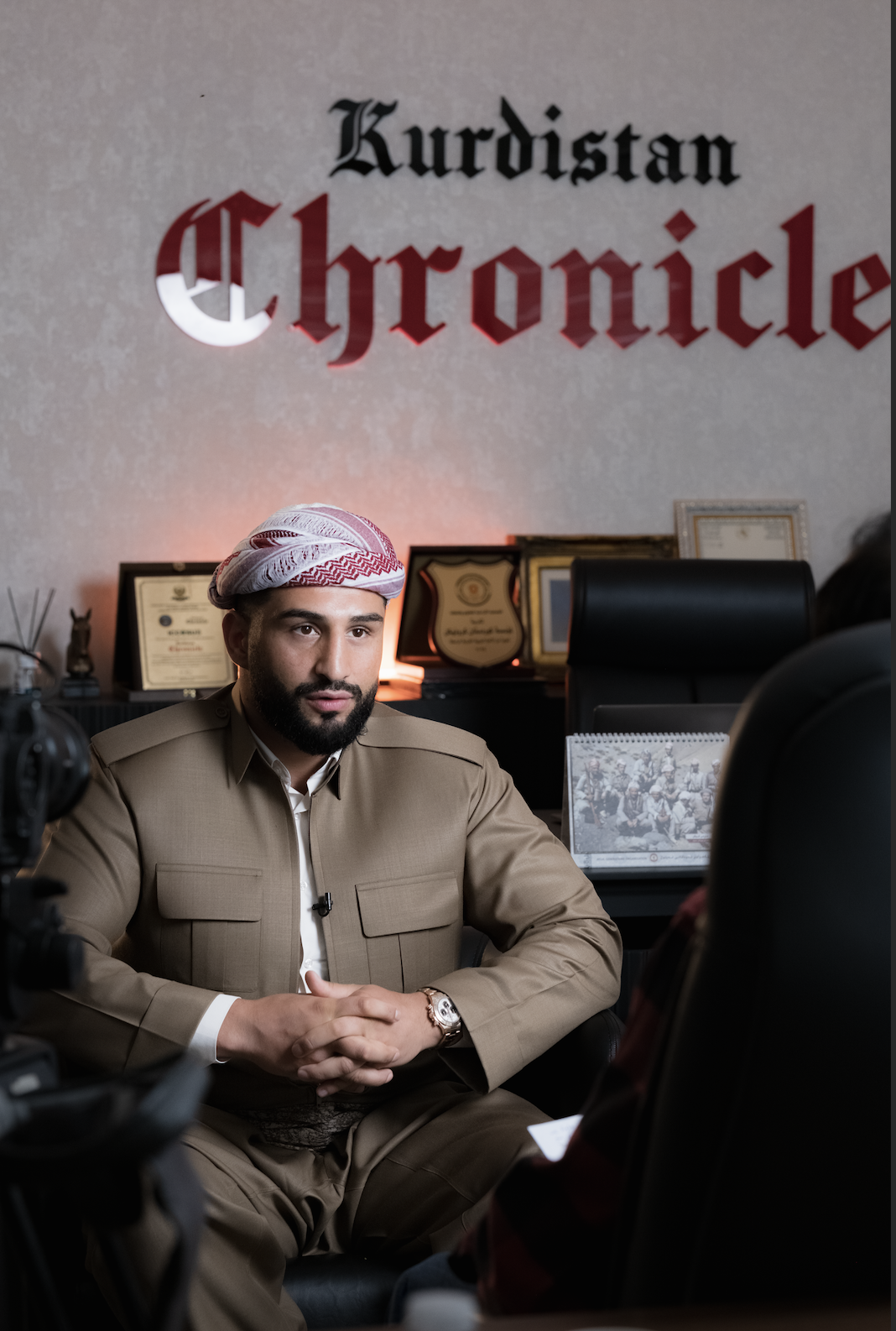
A second father
While Kabayel takes pride in his Kurdish identity, he also acknowledges the role Germany played in his journey. Living there, he believes, opened new horizons for him and allowed him to shoot for the stars.
But success in the professional world requires more than just talent and opportunity. Every fighter has someone who believed in him when no one else did. For Kabayel, this person was his coach Sukru Aksu.
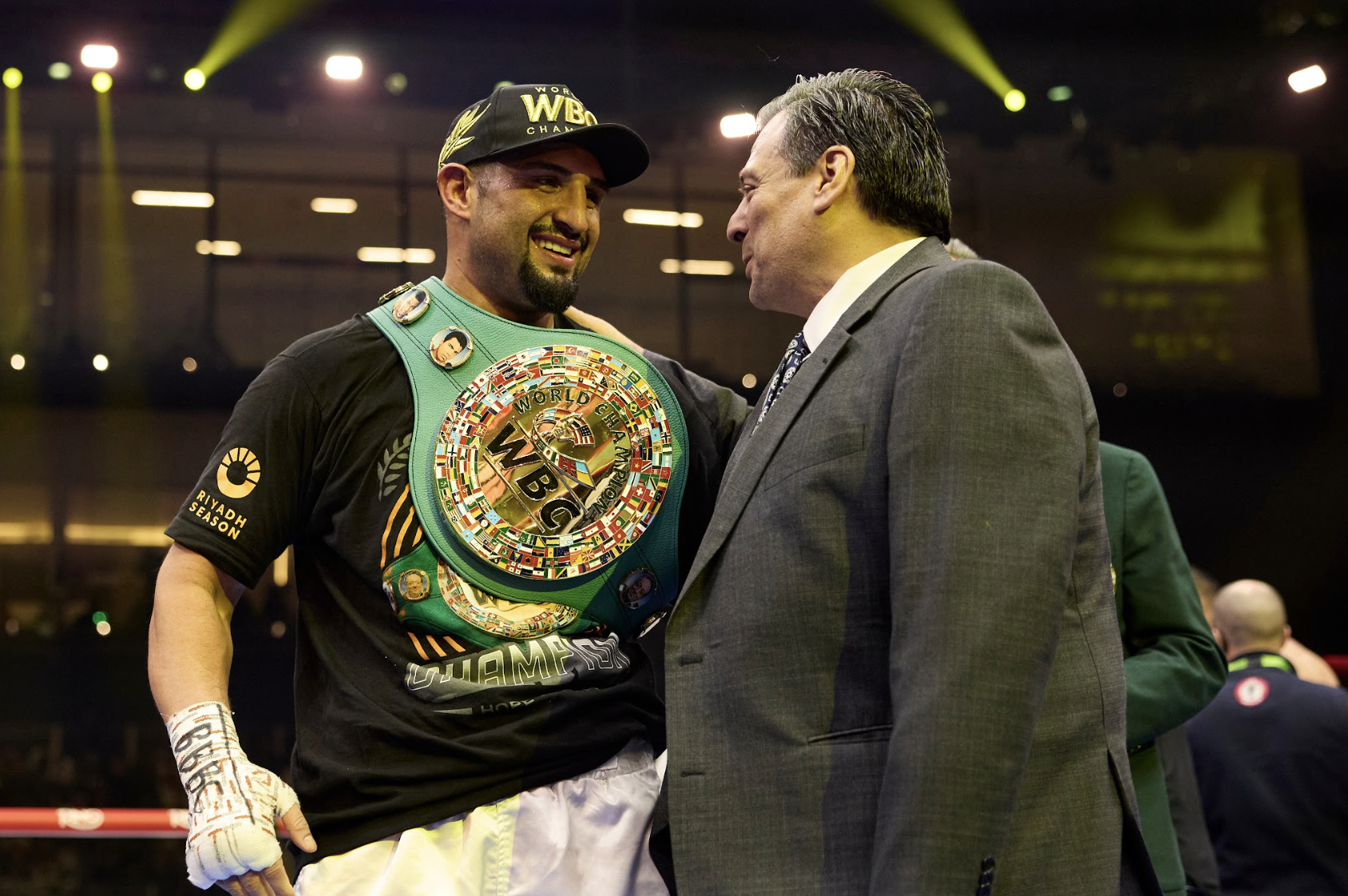
When they first met, Kabayel was overweight, and Aksu jokingly called him “fat boy,” a nickname that stuck and marked the beginning of their long journey. But Aksu also instilled in Kabayel’s mind the dream of conquering world stages, having stood by his side since his amateur matches nearly two decades ago.
“My coach is like the second father to me. I spend more time with him than with anyone else. Though I’m the one in the ring, we walk this path together.”
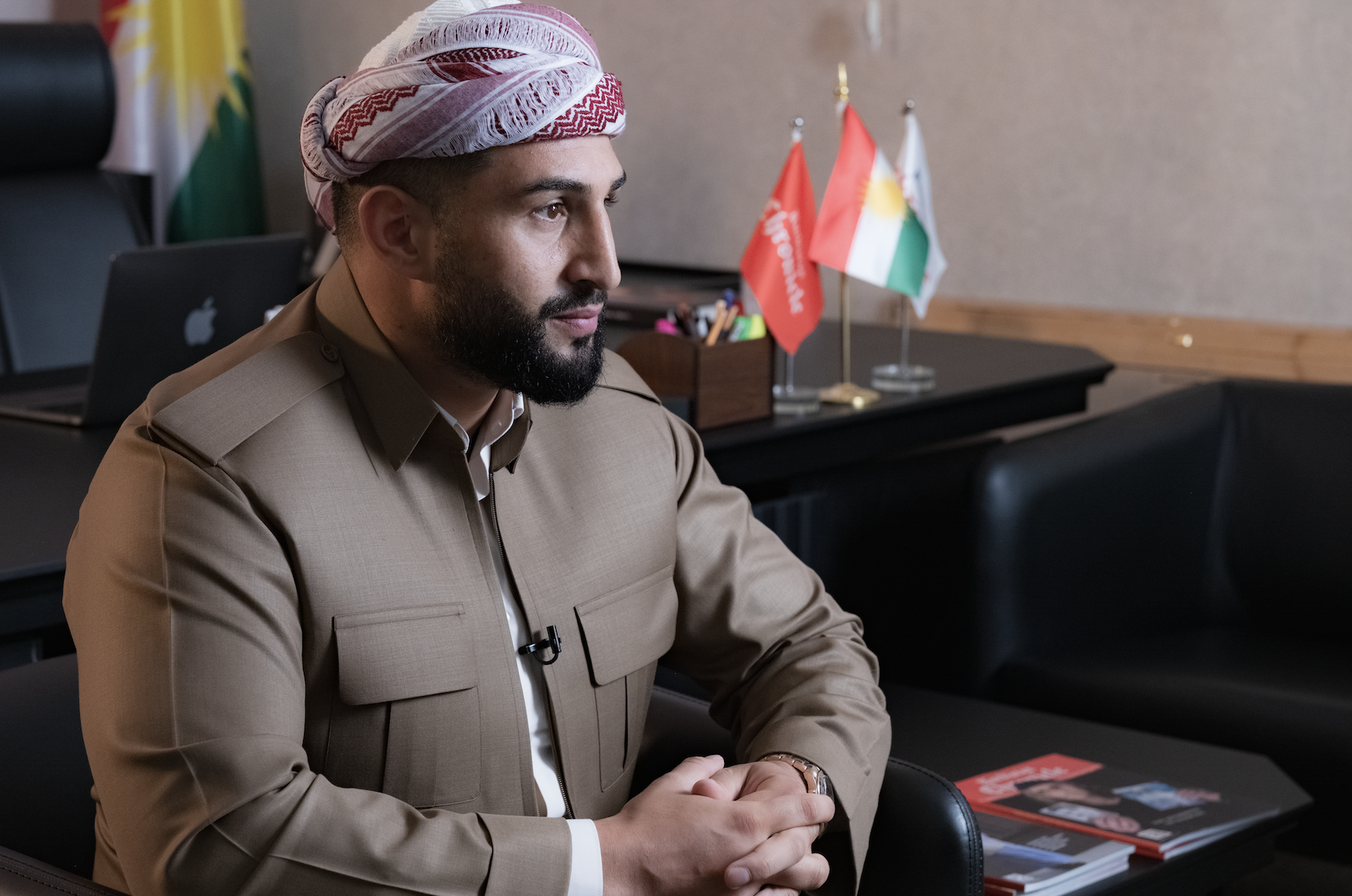
Fighting for Kurdistan
During the interview, delight and warmth were evident in Kabayel’s facial expressions, perhaps because it was his first visit to the Kurdistan Region. He expressed great joy in seeing the remarkable developments in Kurdistan and meeting people who spoke the same language and shared the same spirit.
During his stay, he was welcomed by top Kurdish leaders, including President Masoud Barzani and Kurdistan Regional Government Prime Minister Masrour Barzani.
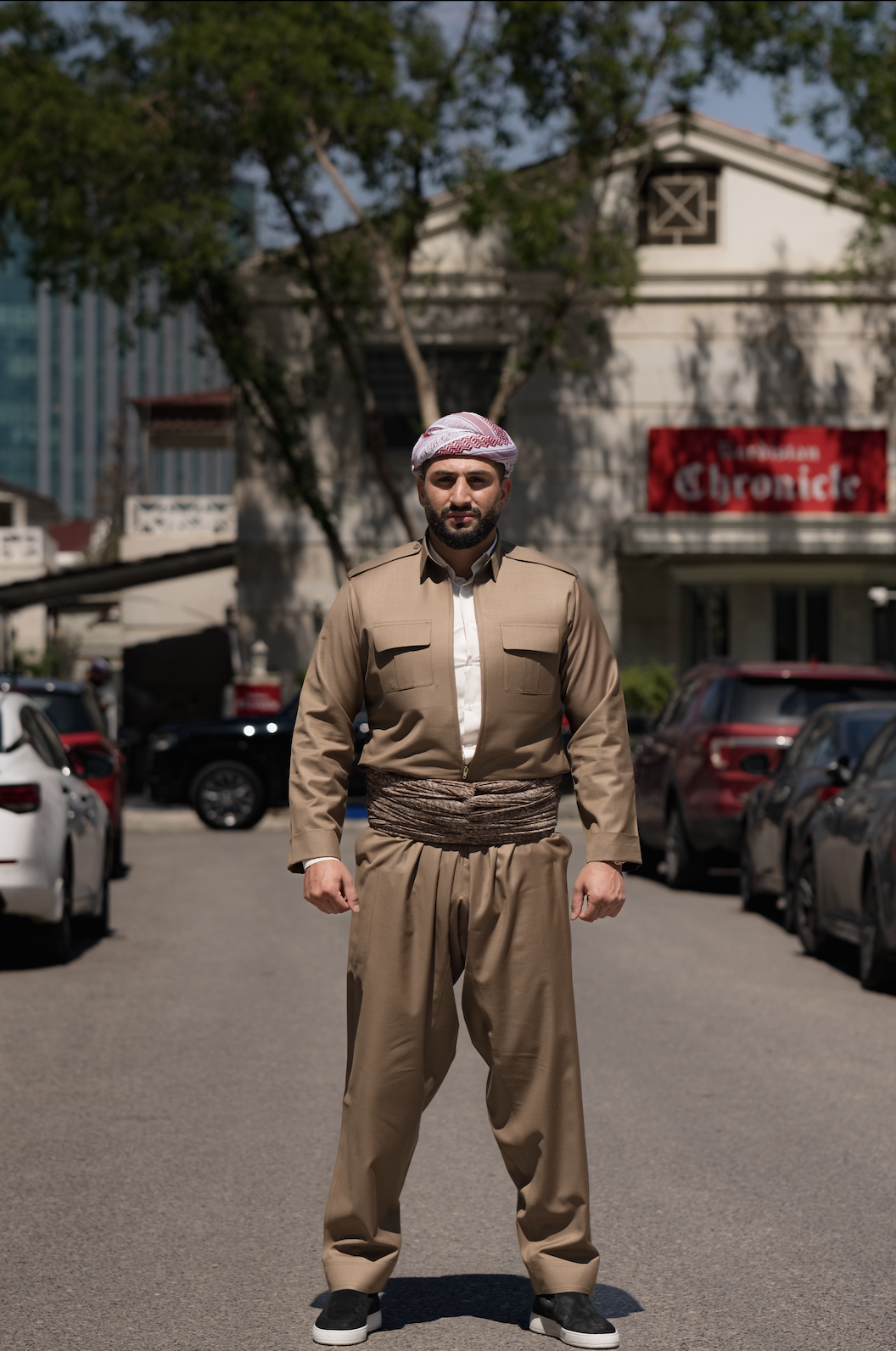
He described meeting President Masoud Barzani as a moment filled with pride and excitement. For Kabayel, the meeting went beyond a formal greeting; it was a deep, inspiring conversation that will stay with him forever.
“I felt like a small kid,” he said. “I told him, ‘I fight for Kurdistan in the ring, and you fight for Kurdistan outside the ring.’”
Sardar Sattar is a translator and journalist based in the Kurdistan Region. He has translated several books and political literature into Kurdish and English. He writes regularly for local and international newspapers and journals.
